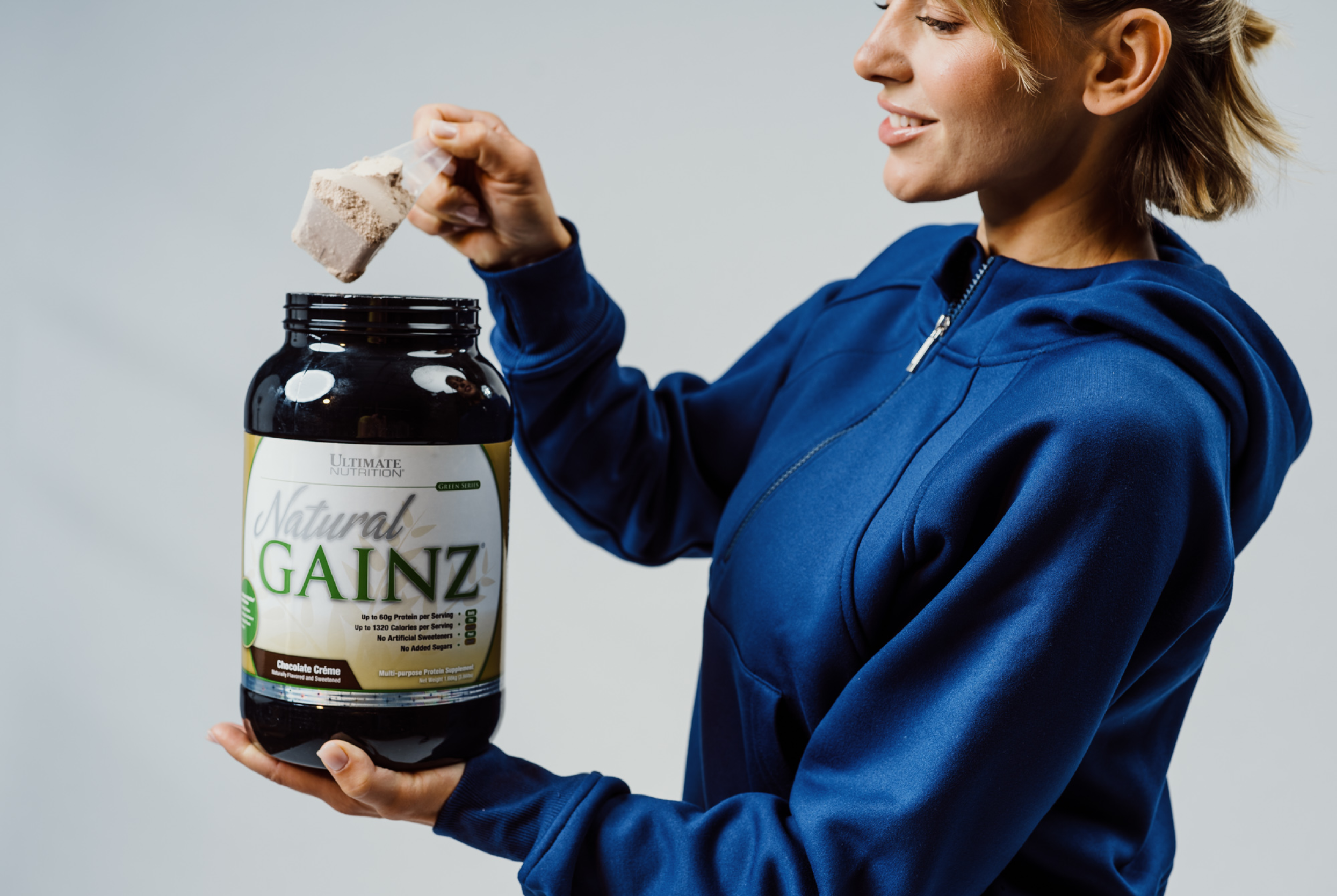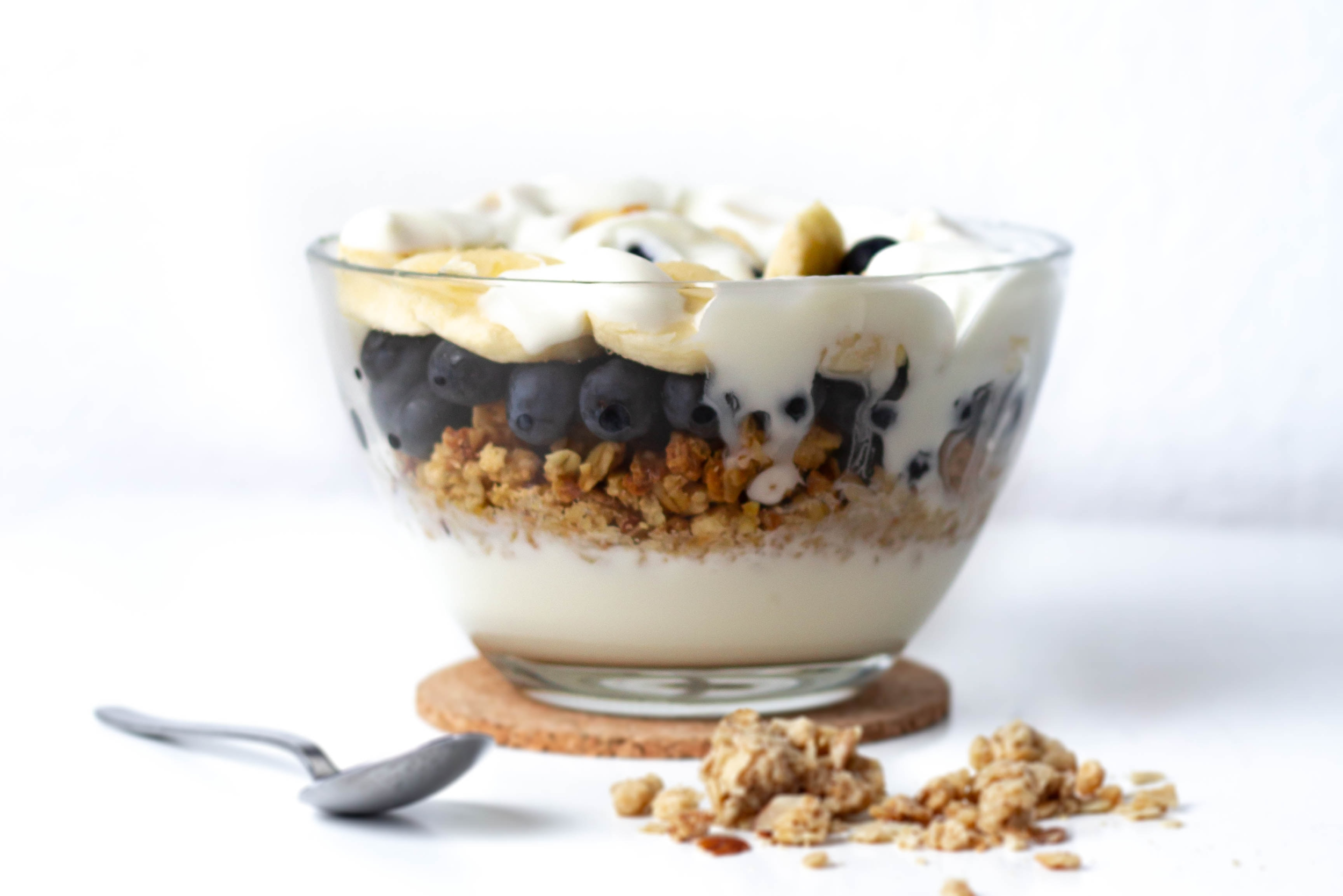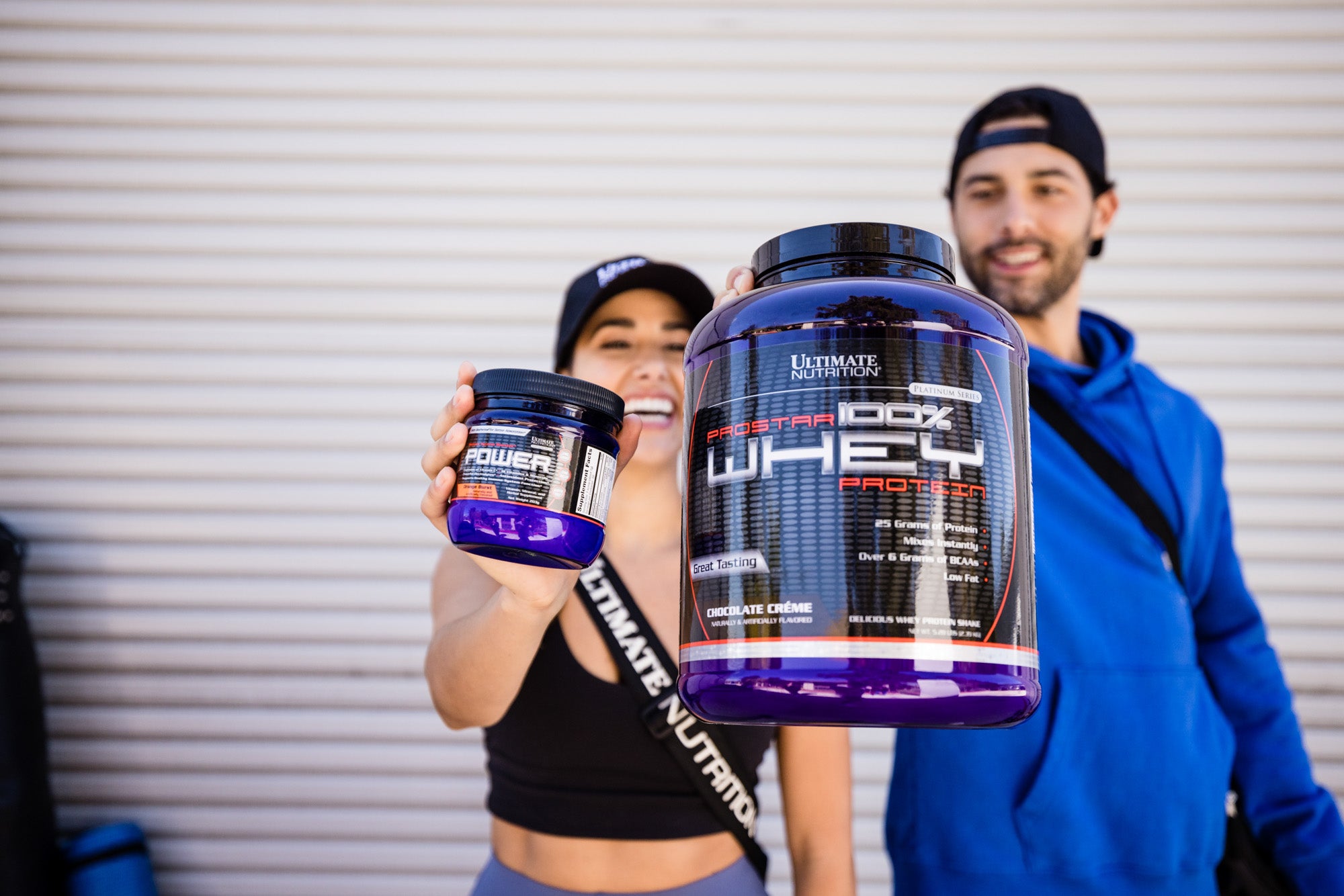The world of fitness is inundated with questions, and when it comes to nutrition, one query seems almost universal: how long does my protein powder last?
For many, protein powder is more than just a supplement; it's a daily ritual. Whether it's fueling the weightlifter's post-workout recovery or supporting the long-distance runner's muscle maintenance, this powdered ally plays a crucial role.
But just like any nutritional product, protein powder has its shelf life. Its longevity, potency, and overall quality can be influenced by many factors.
As we delve deep into the life cycle of protein powders, we aim to shed light on their endurance, ensuring that what you consume is safe and effective.
Can Protein Powder Go Bad?
You may be wondering if protein powder will go bad at all.
Like any other food product, protein powder can go bad. The notion that because it's in powder form, it's impervious to spoilage is a myth. Here's what you need to understand:
Presence of Organic Compounds
At its core, protein powder contains organic compounds.
Whether derived from whey, soy, peas, or any other source, it's still prone to degradation. Fats in certain powders, especially whole-food-based blends, can become rancid over time.
External Contaminants
If moisture, bacteria, or other contaminants enter your protein container, they can accelerate the degradation process.
It’s why a scoop left wet inside the container or storing the powder in damp conditions can be detrimental.
Additives and Preservatives
While many protein powders have added preservatives to extend their shelf life, it doesn't make them invincible.
Furthermore, some natural or organic blends that forgo these preservatives might have a shorter shelf life.

How Long Does Protein Powder Typically Last?
The shelf life of protein powder primarily depends on its ingredients, storage conditions, and the quality of packaging. However, most protein powders, when stored correctly, can last:
- Unopened: 12-24 months from the production date.
- Opened: Within 30 days after first opening, but it's vital to always ensure the packaging is resealed tightly after every use.
It's always recommended to check the "best before" or "expiration" date provided by the manufacturer, as this is the best indicator of the product's freshness. This date is determined based on the specific blend of ingredients and preservatives used.
Underlying Causes of Protein Powder Degradation
Protein powder doesn't exist in a vacuum. Multiple factors can affect its composition and, subsequently, its shelf life:
The Impact of Ingredients
Each protein powder's longevity is dictated in part by its own blend of ingredients. Fats, for instance, can go rancid. Sugars might attract moisture.
Certain additives, while enhancing flavor or mixability, could potentially shorten the product’s optimal lifespan. This isn’t to say these ingredients are detrimental—just that their presence can influence how the protein ages.
The Environmental Variables
Much like many food products, protein powders are susceptible to the environment. High humidity levels can introduce unwanted moisture, potentially leading to bacterial or mold growth.
Direct sunlight or prolonged exposure to UV rays can start breaking down some essential amino acids. And heat? It might just rearrange the protein's structure, rendering it less effective.
The Role of Packaging
It's not just about what's inside; it’s also about what's on the outside. Good packaging acts as the first line of defense against external factors.
While many protein powders come in resealable bags or tubs, the quality and integrity of this packaging can vary. Ensuring the container is airtight after each use can be a game-changer in preserving its contents.
Beyond the Printed Date: Understanding Expiration Dates
That "best before" stamp isn’t merely a suggestion—it's rooted in rigorous testing:
The Diminishing Returns of Nutrients
Clinical research frequently underscores that a product's nutritional profile can change over time. So, while consuming a protein powder post-expiry might not harm you, its nutritional benefits, such as protein bioavailability, could be compromised.
Trusting Our Innate Sensors
Our evolutionary survival toolkit has equipped us with senses adept at spotting anomalies in our food. A protein powder that smells odd or tastes different than usual is likely signaling that it's past its prime.

How to Store Protein Powder
A bit of care in how you store your protein powder can have a pronounced impact:
The Quest for Optimal Conditions
A cool, dry place is the classic go-to for protein storage. This isn’t mere hearsay; these conditions minimize the risks of moisture intrusion and heat-induced denaturation.
Packaging Fidelity
While that glass container might be aesthetically pleasing on your kitchen counter, the protein powder's original packaging is typically designed to maximize freshness. Stick to it when possible.
Identifying Aged Protein Powder: Telltale Signs of Deterioration
Quality protein powder should be consistent in its appearance and texture:
Visual Clues
The presence of mold or any discoloration is an immediate sign that the powder is no longer good. Even subtle changes in color or the appearance of small clumps can be indicators.
Textural Changes
Fresh protein powder has a distinct, smooth consistency. If you find your powder has hard lumps or perhaps a layer of oil on top, it's a strong indication of degradation.
Find Your Protein Powder with Ultimate Nutrition
Understanding the shelf life of protein powder is more than just about preservation—it's about optimizing your health and athletic performance. As you aim to harness the full potential of protein, it's equally essential to align yourself with the right resources and products.
If you're searching for comprehensive wellness insights, look no further than our Lifestyle blog. Here, a blend of holistic well-being tips, nutritious recipes, and lifestyle hacks awaits. And for fitness aficionados striving to push boundaries, our Training articles offer invaluable training strategies and expert workout advice.
When it comes to protein powders, we are synonymous with variety and quality. Whether your goals are rooted in Performance and Recovery or general Health and Wellness, there's a tailored blend designed just for you. Dive deeper into the world of Ultimate Nutrition and build a stronger, fitter tomorrow.
The information provided in our articles is meant for informational and educational purposes exclusively and should not be considered as medical advice. It is essential to consult a healthcare professional before starting a new nutritional product and/or making significant changes to your diet and/or starting a new exercise regime. These products are not intended to diagnose, treat, cure, and/or prevent disease.







